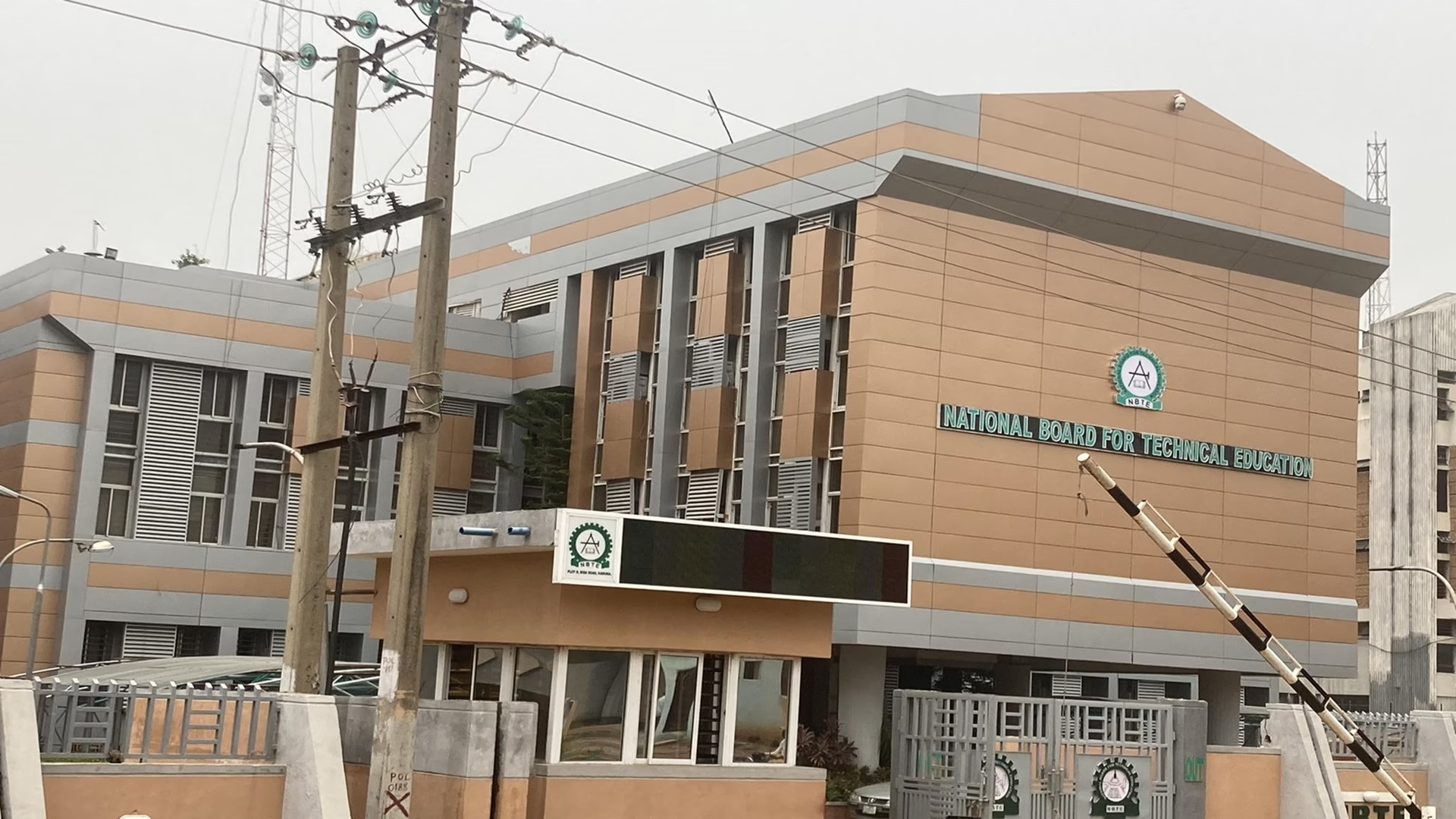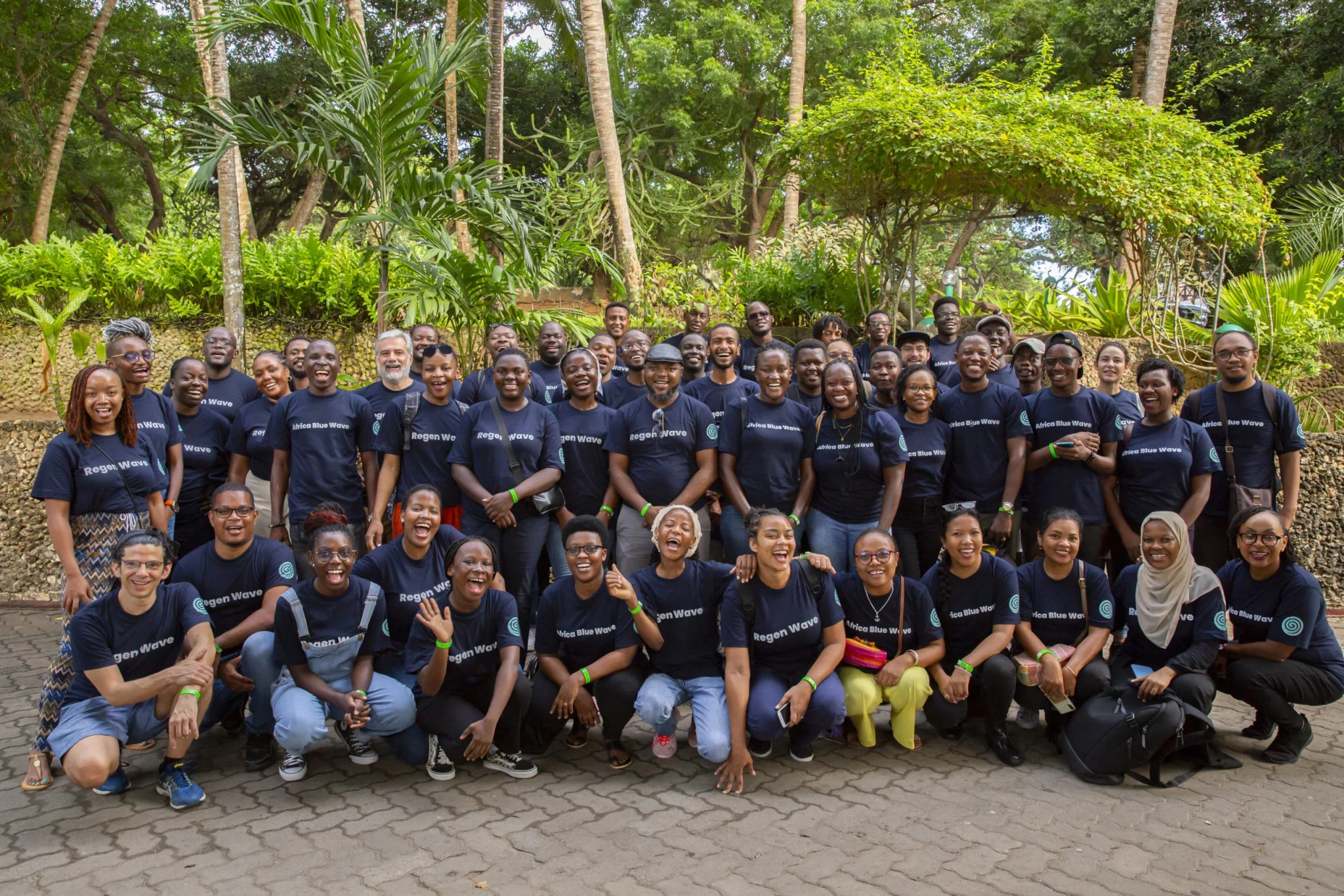Explore how South African banks are increasing their IT budgets in 2024, focusing on cloud migration, AI, and cybersecurity. Discover the latest spending trends and strategic shifts in the banking sector.
South Africa’s major banks are significantly boosting their IT budgets as they focus on advancing cloud migration, artificial intelligence (AI), and cybersecurity. A recent review of the annual financial results of leading banking groups, including Absa, Capitec, FirstRand (FNB and RMB), Nedbank, and Standard Bank, reveals a marked increase in IT spending driven by data-centric strategies and AI-driven investments.
Capitec, which has emerged as a prominent player among South Africa’s banking giants, allocated R1.9-billion to IT for the year ending 29 February 2024. This reflects a notable 27% increase from the R1.5-billion spent the previous year. While Capitec’s increase was the largest percentage-wise among the banks, it was the smallest in absolute terms, amounting to R400-million. The bank emphasized rebuilding its IT infrastructure to scale products efficiently, moving data to the cloud, and enhancing system stability.
Standard Bank also demonstrated significant investment in IT, driven by a focus on improving system stability and reducing downtime. The bank’s software, cloud, and technology-related costs increased by 14% due to higher expenditures on cloud migration and software licenses. Standard Bank reported the largest absolute increase in IT spending, reaching R1.5-billion. The bank’s annual report highlighted improvements in system stability and a reduction in incident resolution times.
In contrast, Nedbank experienced a substantial decline in IT expenditure, dropping from R6.6-billion in 2022 to R1.3-billion for the year ending 31 December 2023. This 80% reduction was due to the nearing completion of its extensive digitization project, which began in 2016. The bank anticipates IT spending to stabilize around R1.6-billion annually over the coming years. Despite this drop, Nedbank continued investing in new technologies, including enterprise AI tools from Microsoft, reflecting its commitment to innovation.
Absa also increased its IT budget, reaching R6-billion for the year ending 31 December 2023, up from R5.5-billion the previous year. AI plays a critical role in Absa’s cybersecurity efforts, particularly in fraud detection. The bank’s annual report noted significant investments in data science and AI, aimed at enhancing client engagement and driving growth through targeted offers.
FirstRand, the parent company of FNB and RMB, saw its IT spending rise by 18% year-on-year to R10-billion for the year ending 30 June 2023. This increase underscores the growing emphasis on data science, AI, and machine learning projects as cloud migration initiatives reach maturity.
As banks continue to embrace digital transformation, cybersecurity remains a top priority. The expanding digital footprint of these institutions necessitates greater investments in protecting against cyber threats. Additionally, banks are addressing the tech skills gap by investing in staff training and recruitment, focusing on AI, machine learning, data science, and cybersecurity.
Capitec highlighted its commitment to digital innovation through efforts to recruit specialized technology and data talent, noting that 15% of external appointments were in these critical areas.
For ongoing updates and insights into technology trends and industry shifts, visit 365marktech.africa.
Stay informed about the latest in technology and industry trends. Visit 365marktech.africa for more news and updates on IT investments and digital transformation.









